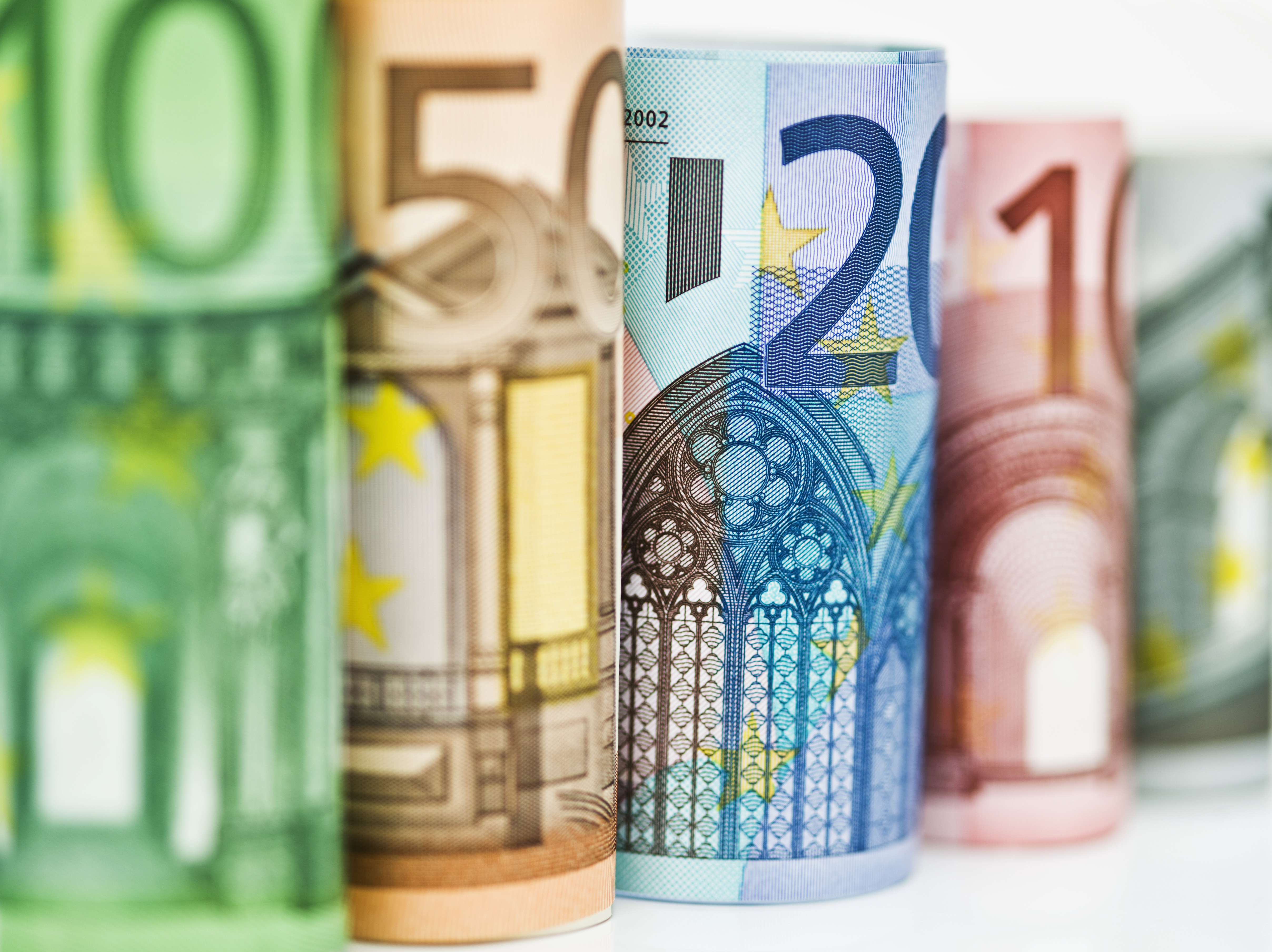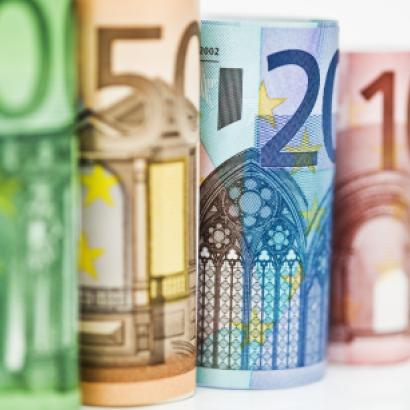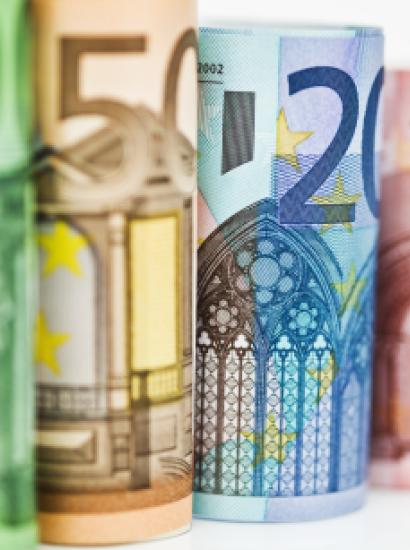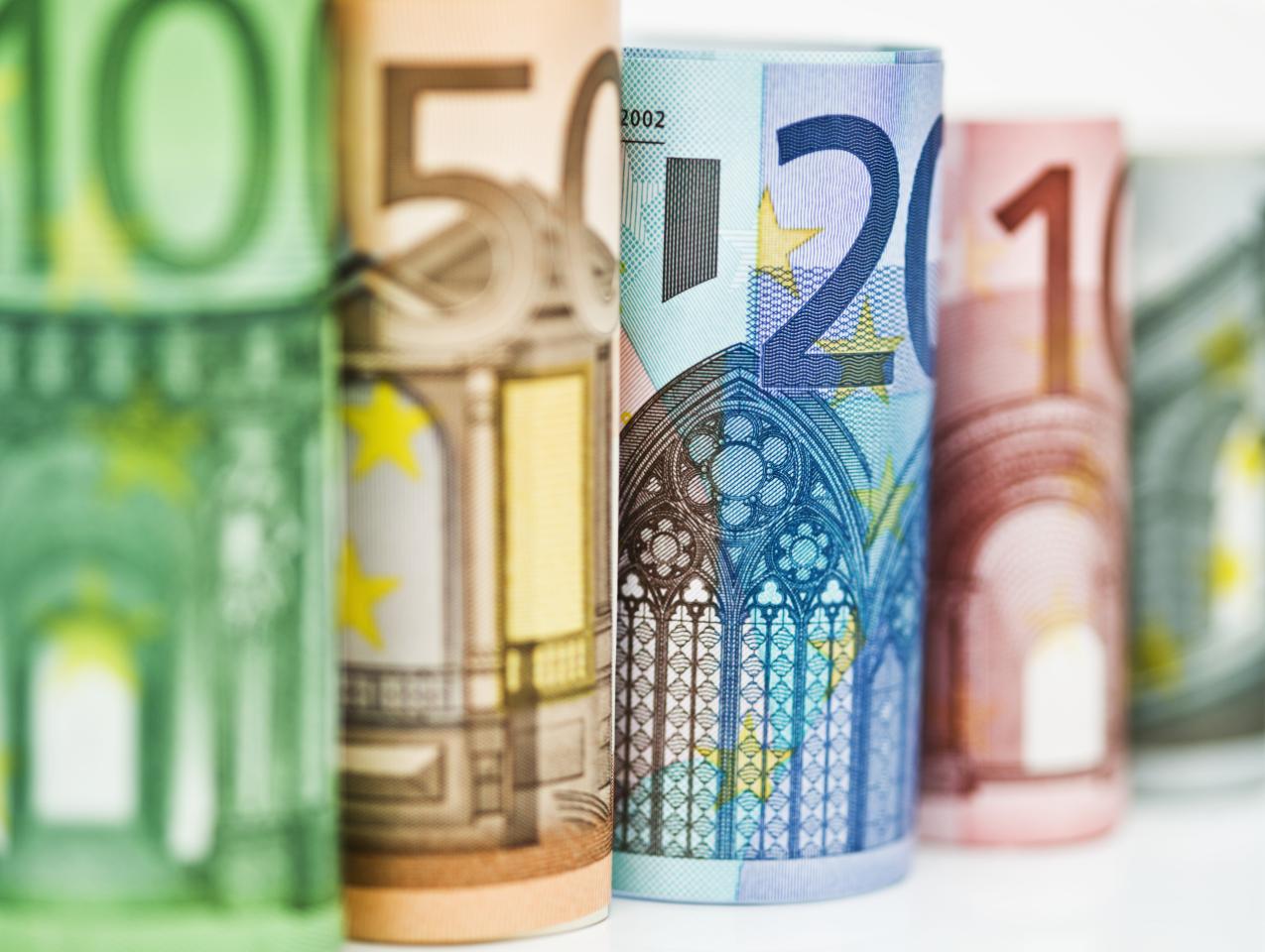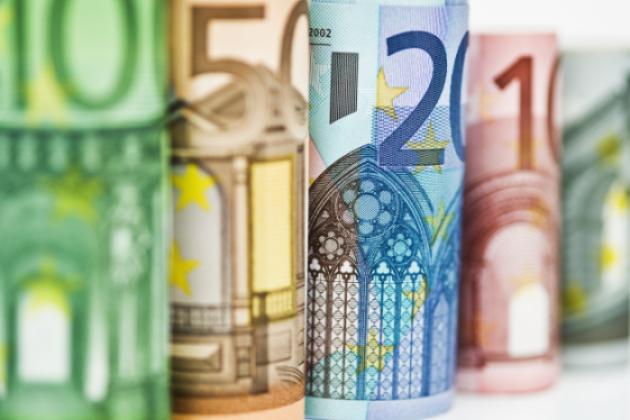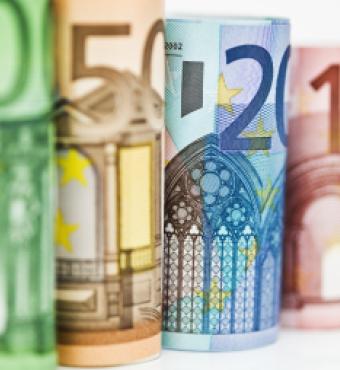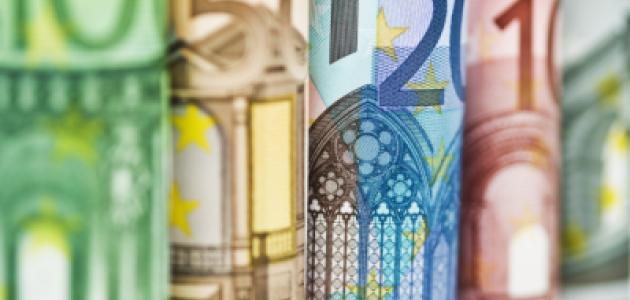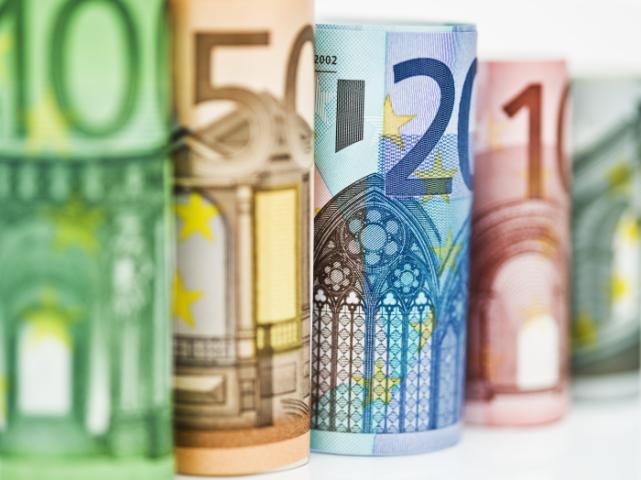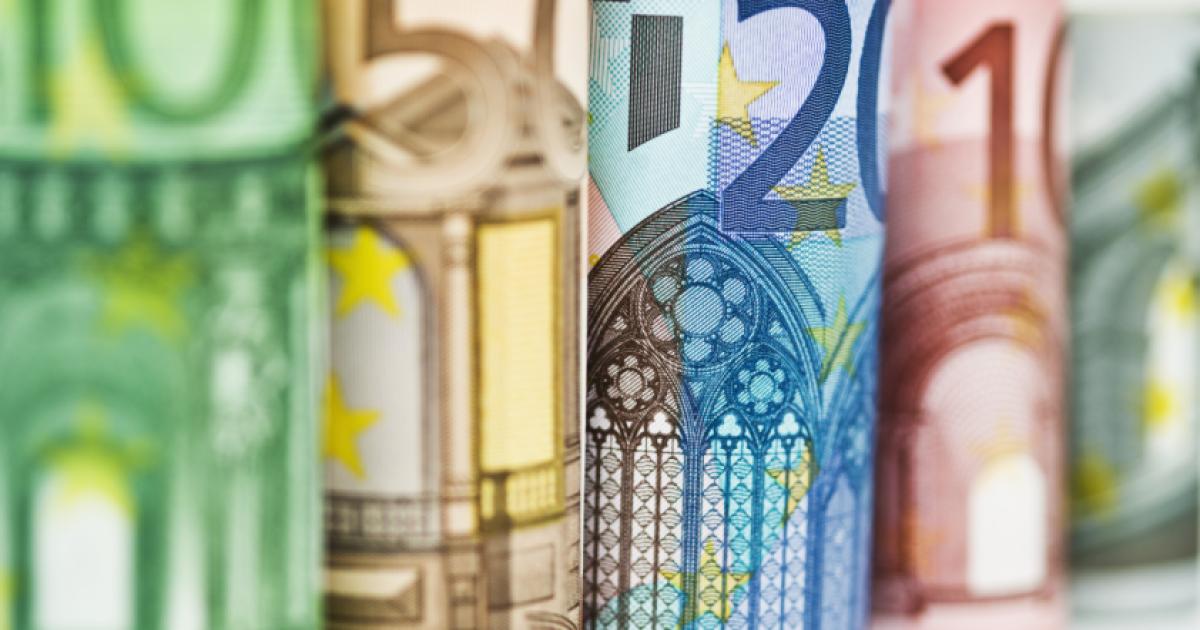- History
- World
When the Ukrainian crisis broke out, most thought it would send the euro lower. In fact, the opposite actually happened: The euro has broadly strengthened, and a key reason is that the common currency has become a safe haven for money fleeing Russian assets. Apparently, Russians believe their money is safer in the euro than the U.S. dollar.
This is definitely not good news for Europe as it implies a tightening of euro-zone monetary policy at a time when Europe is already grappling with low inflation and slow growth. Not one responsible voice in Germany—or elsewhere for that matter—is calling for the European Central Bank to tighten its monetary policy at this juncture. And yet an unwanted and unwarranted implicit tightening is precisely what Europe will get unless its monetary authority can offset the buoyant euro with further monetary easing.
The only thing capping the euro at the present moment appears to be ECB President Mario Draghi's recent warnings on euro strength—and one can not be sure how long that cap will hold. It surely will break down if there are further sanctions by the West against Vladimir Putin's continuing provocations in Ukraine.
The Germans—and the Bundesbank—should be supporting additional monetary easing if only because they do not want to see likely new sanctions against Russia kill German exports outside of Europe.
Further easing also will help prevent a divisive rift from developing between Europe and the United States over the question of additional sanctions. This is particularly important for Germany, which is bearing the brunt of U.S. criticism of Europe that it is too soft on Moscow.
Germany could afford to be tougher on sanctions if it had confidence that its exports outside Europe would not be penalized by safe-haven money flowing in from Russia. While easier money in Europe can not neutralize the effect of German trade dependence on Russia, it surely will help offset the effect of safe-haven flows on the euro.
Fortunately, Germany's domestic economic situation and closer geopolitical cooperation with the U.S. are in harmony over the issue of additional monetary easing. The German current account surplus shrunk to €13.9 billion in February, down from €15.2 billion the month before. German exports declined 1.3% month-on-month in February, after a 2.2% increase in January.
Low inflation also is making its presence felt in Germany. The German producer-price index has been down eight months in a row. In April the German consumer-price index rose 1.1% year-on-year, compared with a median forecast of 1.3%. These are the sorts of numbers that should make Germany more amenable to a somewhat looser monetary regime in Frankfurt.
The Germans are learning that having a safe-haven currency is not a walk in the park. With further provocations from Moscow and more sanctions clearly on the way, the euro stands poised for yet another jump that could send Germany and the rest of the euro zone back on its heels.
The "Cold War" euro has become a real threat to European economic growth. Why wait? The time for further easing of European monetary policy is this Thursday's ECB Meeting in Brussels.
Mr. Krauss is a senior fellow emeritus at Stanford University's Hoover Institution.







